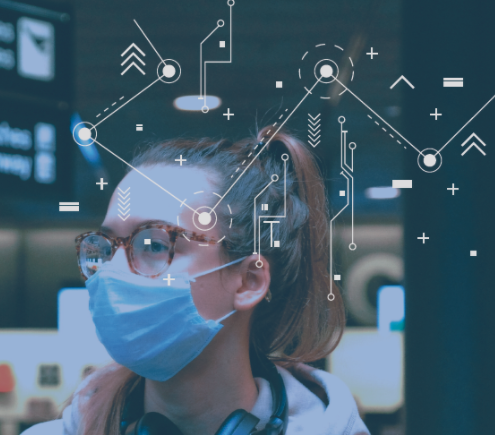
Series of WHO and UNDRR Webinars on COVID-19
June 2, 2020
Introduction
WHO is working with Member States and partners to strengthen capacities for all types of emergencies and disasters, including outbreaks, epidemics and pandemics highlighting the roles of all stakeholders with whole of society approach. Many of the successes and progress in disaster risk reduction and emergency preparedness that have been made during recent years are now contributing to the management of the current COVID-19 pandemic. The whole of society approach has been acknowledged as the way to go in managing the current pandemic and has been adopted at all levels of countries and as well the partners at national, regional and global level. This is in view of DG WHO’s call for solidarity to manage the pandemic.
Emergency preparedness support to Member States is based on a foundation supporting all-hazards, whole-of government and whole-of society disaster risk management approach by ensuring coherence and complementarity across all actions to implement the International Health Regulations (IHR, 2005), the Sendai Framework for Disaster Risk Reduction, the Sustainable Development Goals (SDGs) and all other frameworks supporting health emergency and disaster risk management.
WHO HQ, through the Disaster Risk Management and Resilience Unit and WHO Regional Offices, is working together with the UN Office for Disaster Risk Reduction (UNDRR) for the implementation and monitoring of the Sendai Framework by applying an all-hazards disaster risk management approach to emergency preparedness capacity building.
In addition to engagement with the health sector, WHO is enhancing work with other sectors at the community, national, regional and global levels to strengthen emergency preparedness. This includes a clear focus of the vital roles of governance, health systems and communities to effectively prepare for potential emergencies including infectious diseases, such as COVID-19 and other diseases caused by novel pathogens.Governance must be science and risk-informed; health systems, including health facilities, need to be able to provide routine health services and maintain capacities to surge and meet increased demands during an emergency; and communities must be empowered to stay safe, functional and guided by effective disaster countermeasures, in the context of COVID-19 and other concurrent and/or cascading emergencies.
WHO capitalizes and builds up on all ongoing experiences, learning and development across the world, and the series of webinars of WHO and UNDRR, working together, is an excellent opportunity for highlighting humanity’s actions with a focus on the role of different sectors in an interconnected way with regard to COVID-19.
Objectives
- To promote global, regional and national advocacy for COVID-19 preparedness and best practice across all sectors;
- To advocate for multisectoral coordination for COVID-19 preparedness, response and recovery using the all hazards disaster risk management approach
The webinar series is within the scope of the WHO’S disaster risk management and resilience area of work (technical support) closely engaging with the UN Office for Disaster Risk Reduction (UNDRR) (organizational support).
- UNDRR GETI, WHO and Global Policy House Webinar - Lessons from the COVID-19 pandemic: Emerging Technologies in Response to COVID-19: Blockchain, ICT and Data for Pandemic Management
- UNDRR GETI and WHO Webinar: Lessons from the COVID-19 pandemic: Business continuity in the era of Covid-19: how businesses could prepare for reopening?
- UNDRR, IPU and WHO Webinar - Lessons from the COVID-19 pandemic: parliamentary action to reduce risks, increase resilience and strengthen emergency preparedness and increase resilience
- UNDRR GETI and WHO Webinar - Resilience of local governments: A multi-sectoral approach to integrate public health and disaster risk management
- UNDRR ONEA & GETI and WHO Webinar - Practical Experiences from P.R. China and the Republic of Korea with COVID-19 (16 and 17 March)